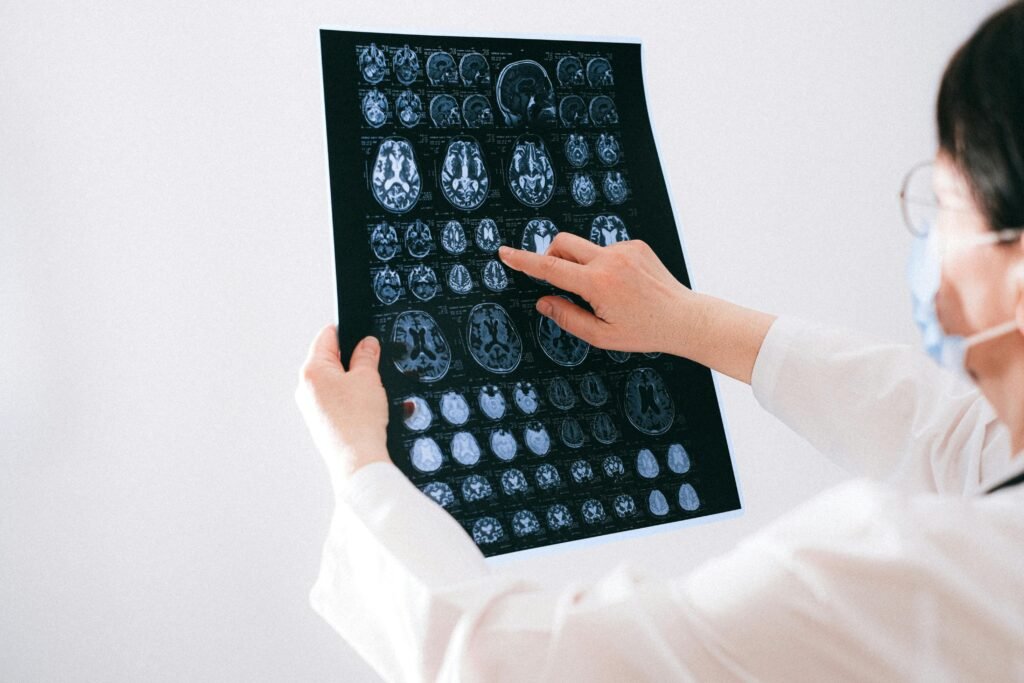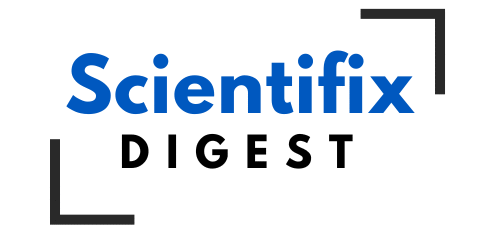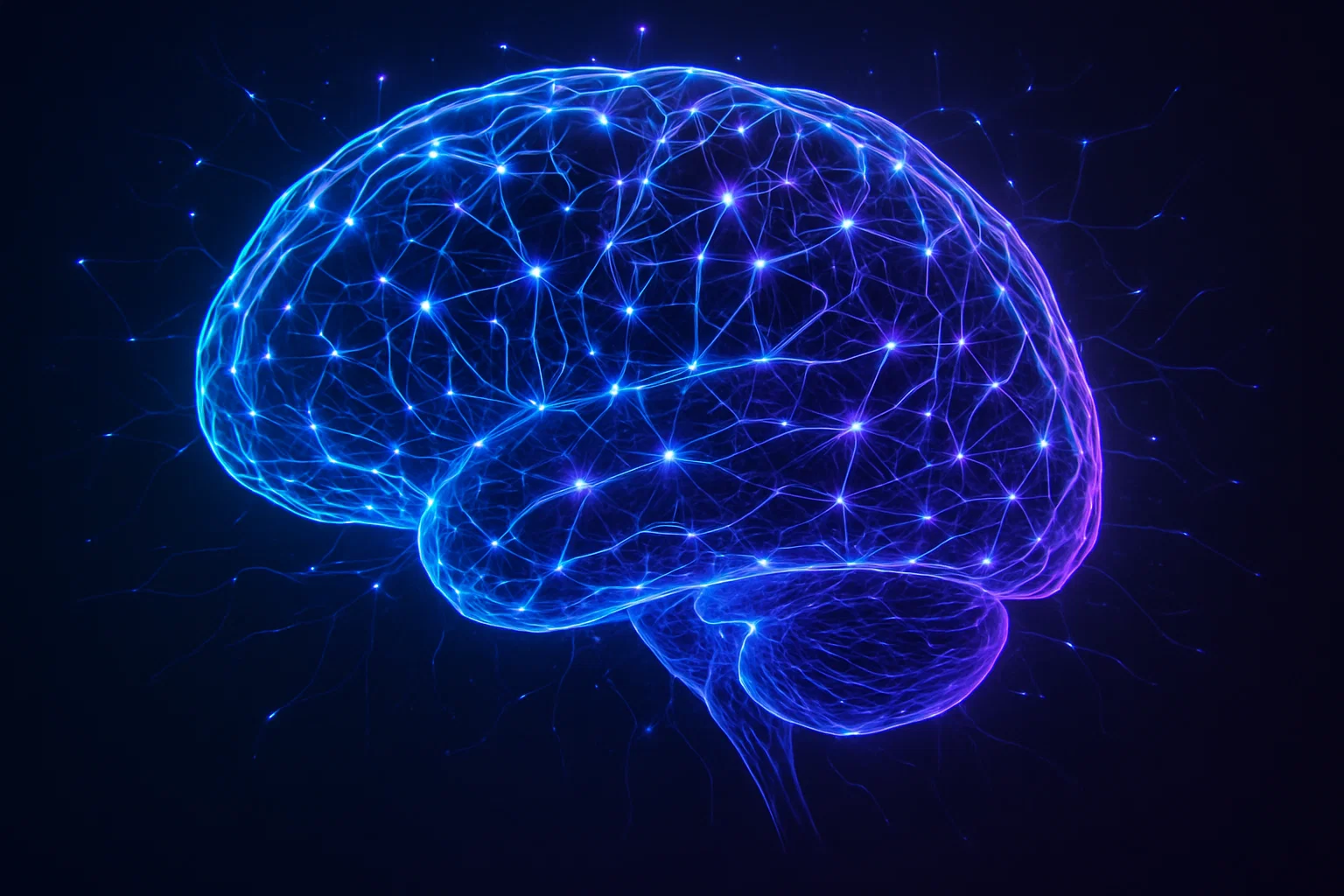Schizophrenia is a disabling psychiatric illness that is long-lasting, disabling and encountered in approximately 1 percent of individuals all over the globe. Conventional diagnosis uses clinical interviews and behavior assessment, which is time consuming and subjective in nature. Late or misdiagnosis results in further suffering by the patients and their families highlighting the great extent of having objective, data-based tools in mental treatment.
The problem is that psychiatry has been searching long for a biological indicator to quantify mental illness and so far the only method no one could predict with certainty an imaging-based diagnostic tool. The outcome of clinical assessment relies on the reports of patients and clinicians interpretation, which renders it subjective and susceptible to bias. A standardized assessment tool would streamline the diagnostic process, elevate the rate of successful treatment, and reduce the time needed to put an estimate on the level of each individual.
What is BrainProbe?
BrainProbe produced by the Medical AI Development Center at Taipei Veterans General Hospital (TVGH) is the first AI-driven platform ever made to serve patients worldwide. It uses deep learning powered by MRI scans in identifying changes in structure and functionality of the brain related to schizophrenia. Using diagnostic accuracy of 91.7, BrainProbe outsmarts the shortcomings of symptom-based tests.
The machine works on two MRI modalities:
Structural MRI: It demonstrates the structure, such as the volume and shape of parts of the brain and brain regions.
Functional magnetic resonance imaging (fMRI): Monitors the blood flow and neuronal activity in time.
A convolutional neural network trained off these high-resolution images would pick up the minor abnormalities in areas like the insula and temporal lobes – areas involved in emotion, sensory processing and language.

Development and Validation
TVGH has been collecting data on more than 1,500 (normal volunteers and schizophrenia patients) individuals since 2012 through longitudinal MRIs. Clinical use of early prototypes was ongoing by 2019 and the ongoing iterative improved performance such that the model has a current accuracy of 91.7% accuracy. Such a strict cross-validation with verified diagnoses provides adequate performance.
In one instance BrainProbe detected early degenerative changes in a patient who was 30 years of age and experiencing auditory hallucinations, which led to a focussed follow up which identified the patient with schizophrenia. Early intervention allowed the treatment plan to determine individually, as the use of objective imaging data may be used to help address a situation where objective data helps in enhancing patient health.
In addition to the diagnosis, BrainProbe has the Brain Aging Prediction Index. It estimates accelerated rates of brain ageing by making comparisons relative to age-adjusted norms, which is a pointer to lifelong mental health disorders. Monitoring of this index changes with time will give clinicians specific quantitative parameters of the disease course and the effectiveness of its treatment.
Future Directions Clients and Clinical Adoption
BrainProbe is currently available in Taiwan at TVGH through a self-pay clinical trial in the process of approval with the Taiwan Food and Drug Administration. To counter this possibility of bias, TVGH will collaborate with overseas research centers to test the platform in dissimilar populations and thus make it valid. The expansions of the future can embrace other psychiatric or neurodegenerative conditions, making objective diagnostics more accessible in worldwide healthcare.
Ethical Considerations
Although AI would be a potent aid in terms of diagnosis, it should never substitute clinical experience. Important factors to consider are:
Data Privacy: The data such as MRI output on patients are secure and anonymized.
Algorithmic Bias: Showing performance among various ethnic and demographical groups.
Clinical Oversight: Ensuring that human review of the AI AI generated insights.
Conclusion
The application BrainProbe signifies a shift in paradigm in the field of psychiatric diagnostics, between a subjective evaluation of the person; as well as the objective and AI-powered analysis of the brain. It has 91.7 % accuracy with the potential of monitoring the aging of the brain giving hope of quicker diagnoses, specific treatment protocols, and better performance of kids with schizophrenia. BrainProbe can shift the path of change to mental healthcare globally, with regulatory approval and international partnerships getting closer.
Resources and References
Focus Taiwan: Taipei hospital touts world‑first AI platform to assist schizophrenia diagnosis Focus Taiwan – CNA English News
Taipei Times: TVGH touts platform that diagnoses schizophrenia Taipei Times
Interesting Engineering: Taiwan unveils AI tool to diagnose schizophrenia with 91% accuracy Interesting Engineering
OCAC News: BrainProbe Edison Award and FDA review details OCAC News
Turtles AI: BrainProbe: AI Enters Psychiatry with Over 90% Accuracy https://www.turtlesai.com

